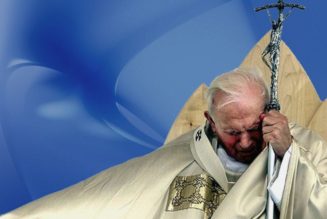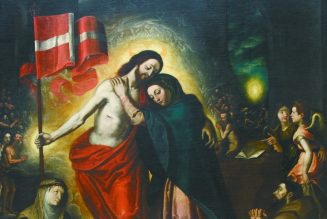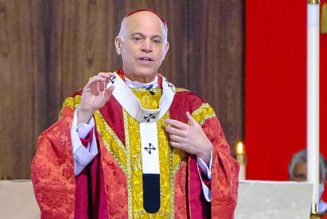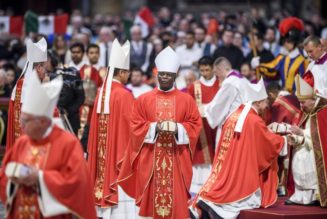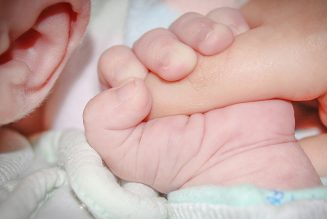By Phil Lawler ( bio – articles – email ) | Apr 13, 2023
Several weeks ago I recommended an an unusually perceptive article by Birgit Kelle in Catholic World Report, sketching out the different possible outcomes of the German Synodal Path. They were, in brief:
- Reconciliation: in which German Church leaders turn away from their current path and embrace the perennial teachings of the Church. This outcome, Kelle writes, is obviously most desirable but unfortunately least likely.
- A “dirty schism” in which the German Church effectively breaks from the universal Church, but without any formal rebuke from the Vatican. The result would be a case of conflicting authorities, with the secular government siding with the German rebels against loyal Catholics. This outcome, the author says, is both worst and most likely.
- Outright schism, in which the German hierarchy renounce ties with Rome, would be disastrous. But at least in that case the situation would be clear.
To that analysis—which I think is right on target—let me add a question: What is it that the German bishops seek to accomplish, by accepting the radical proposals affirmed by their Synodal Path initiative?
The leaders of the German bishops’ conference have claimed that the Synodal Path is a response to the sex-abuse scandal. But as Cardinal Müller has remarked, that is a smokescreen, and in fact an obvious one—as the cardinal put it, “a great instrumentalization of these sad events committed by some priests in order to introduce an agenda that existed before and that has nothing to do with this tragedy.” There is no logical connection between the abuse of children and the proposal to bless same-sex unions, or the ordination of women, or the sharing of Communion with non-Catholics.
So what is it that the German bishops hope to achieve, by taking these steps to satisfy the zeitgeist? Will they make the Catholic Church more popular? That seems to be their goal. But the preliminary results are not promising: a wholesale exodus from the pews of their politically-correct churches. And even if, contrary to that evidence, they did manage to bring Catholics back into the churches, what would they do with them, once they arrived? Having downgraded the importance of the priesthood and the sanctity of the sacraments, what incentive would they offer to returning Catholics? After all, if you want to worship the zeitgeist, you can do that at home.
As it happens, if the goal is to put people in the pews—to evangelize—we have some idea about what works today. The Church is growing apace in Africa, where the ideas approved by the German Synodal Path are, quite rightly, viewed as absurd.
Sound Off! CatholicCulture.org supporters weigh in.
All comments are moderated. To lighten our editing burden, only current donors are allowed to Sound Off. If you are a current donor, log in to see the comment form; otherwise please support our work, and Sound Off!



